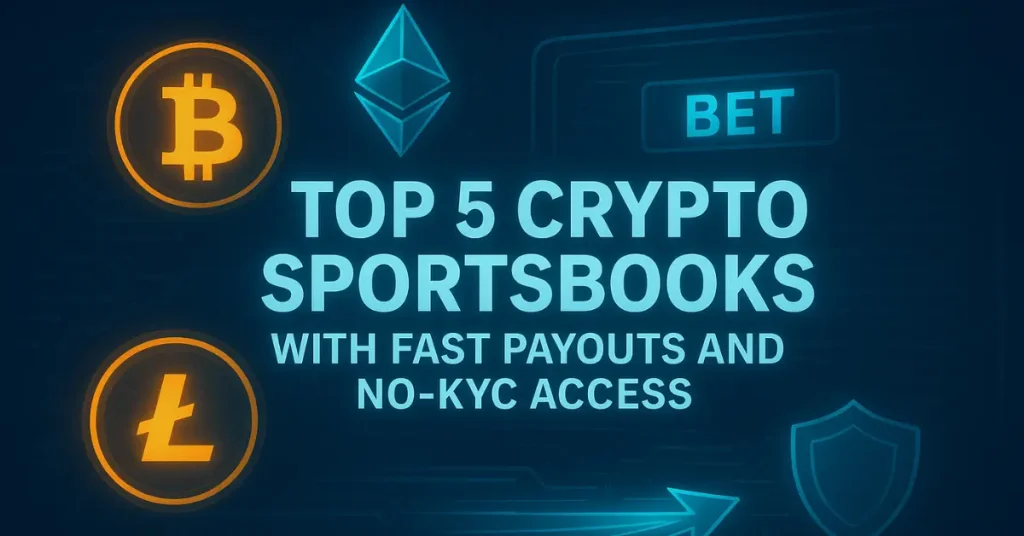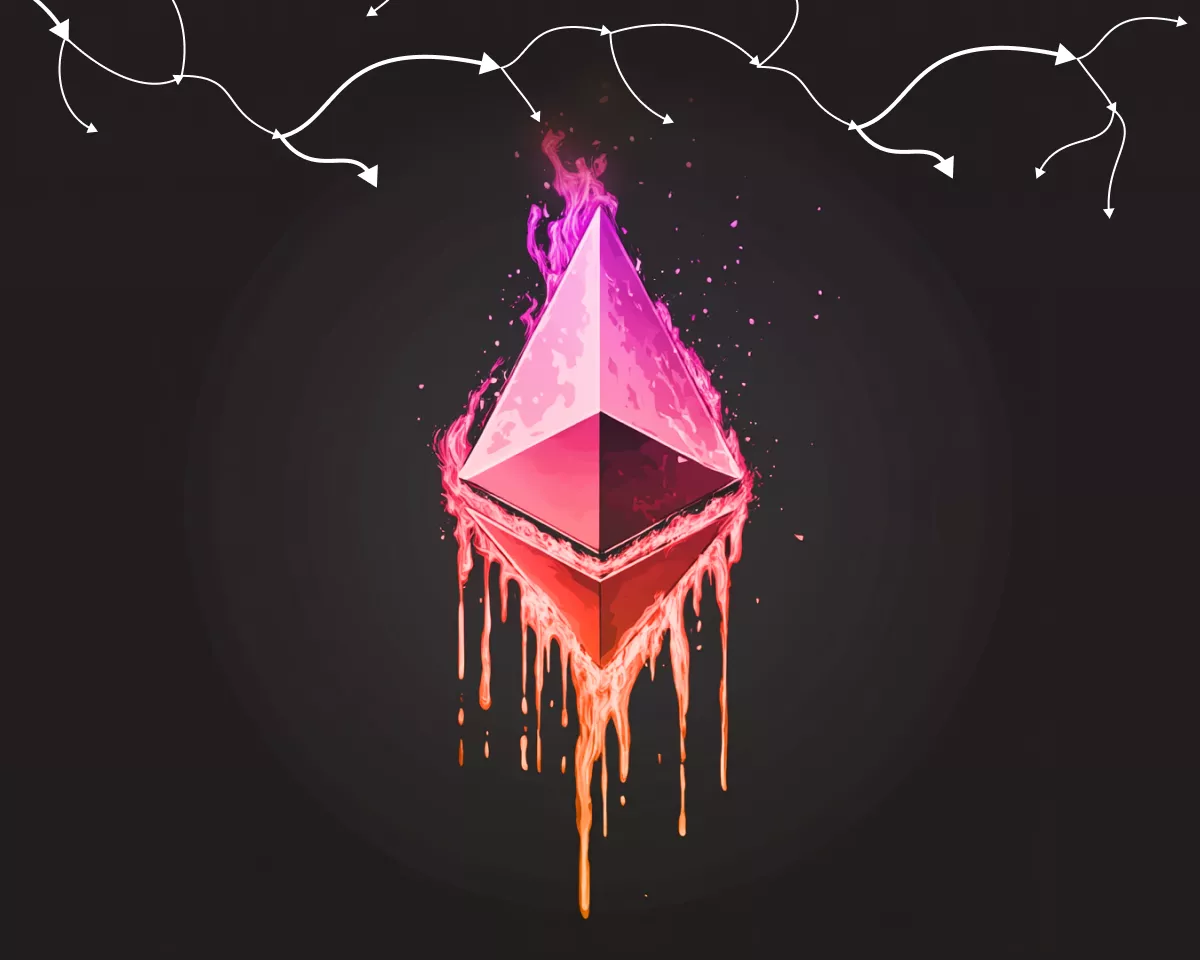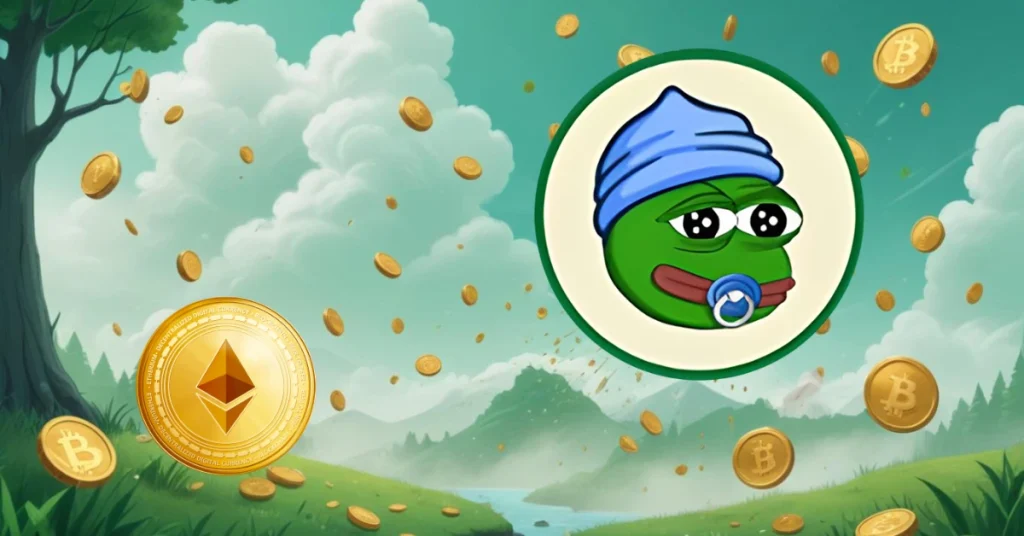
Polkadot, the blockchain created by legendary developer Gavin Wood after he left Ethereum, got a new privacy feature.
In collaboration with rollup-based scaling tool Linea, using zero-knowledge proofs and soulbound tokens (non-transferable NFTs conceived by Vitalik Buterin), users can identify themselves with their digital identity (DID) when transacting on-chain. ) has been developed to enable the selective disclosure of a “Zero-Knowledge Soulbound Token” (zkSBT).
Meanwhile, Cosmos announced a new interoperable NFT standard. Cosmos’ new NFT standard, named “ICS-721” after Ethereum’s NFT standard, ERC-721, enables NFTs that can be traded beyond the blockchain.
There is no direct relationship between the two stories (different technologies, different chains, different use cases). But they all have in common that they are part of a larger trend in crypto. In other words, “winter” is the time to put your heart into development. It may be an overused phrase, but it’s worth repeating. Because it reveals the level of ingenuity and collaboration that prevails in the crypto world.
The true value of open source
There are other industries where information sharing has become the norm, and the “free and open source” movement has been around for decades. But that interaction really shines in the crypto world.
In mid-2022, Ethereum creator Vitalik Buterin unveiled the idea of a soul-bound token, a blockchain-based resume that records a person’s achievements over a lifetime and can’t be traded or bought. and made it possible for anyone to experiment.
Soul Bound Tokens (SBTs) have received a lot of attention and the idea has inspired some to ponder how SBTs can transform society.
Ideas are cheap (inspiration comes unexpectedly, money can’t be bought) and hard to develop. That’s why it’s so interesting to see Soulbound Tokens in action.
Whether it’s because the money is still plentiful or because of the people the crypto industry attracts, the industry has spawned countless technological experiments.
For example, the application of zero-knowledge (ZK) proof technology to crypto assets. Not long after computer scientists Shafi Goldwasser, Charles Rackoff and Algorand founder Silvio Micali named it in the mid-1980s. is a technology that used to be just one field of academic research.
The concept is simple–a system that allows one to prove that a proposition is true without having to convey any knowledge other than that it’s true–but ZK proofs are widely commercially available. The crypto asset industry is the first to apply it. Now it’s used for Ethereum scaling, wallet protection, and new Polkadot-based tools.
advantages outweigh disadvantages
Credit would certainly go to the pioneering champions of open source code. Recognizing the potential of software and, at the same time, the pressure to commercialize it, he called on developers to share their work and release their code under a copyright license that allows for one-sided use.
For example, Linux’s Linus Torvalds, O’Reilly’s Tim O’Reilly, and others who contributed to the development of the current Internet.
The industry is open to the bad guys as much of the cryptocurrency is also open source. On a vulgar level, it allows spammers to spawn an endless number of projects to create meme coins.
On a more frightening level, nations like North Korea are abusing open-source blockchain tools to become a major source of income.
But even for bitcoiners who think Ethereum is good simply because it might be applied to Bitcoin in free technology research projects, giving users control over their computers is morally imperative. For free and open source software (FOSS) advocates to think about, the benefits of open source code may outweigh the drawbacks.
Open source and crypto assets
It’s also worth highlighting the benefits of crypto-assets now that they’re being heavily cracked down by regulators (at least in the US).
Pascal Gauthie, CEO of crypto hardware wallet Ledger, recently announced a roadmap for making the company’s product more open source. He was under pressure from the cryptocurrency community to update the company’s software, Ledger Recover.
Open source is likely to increase transparency, create competition, and bring costs down. Technology companies need to innovate if they want to get paid for products that may end up being free.
OpenAI, which is currently attracting a lot of attention in ChatGPT, is a typical example. OpenAI is reportedly preparing an open-source AI model. Google also says open source poses a threat.
Not everyone will agree on the merits of “open collaboration.” I also understand that some technologies, such as weapons-usable nuclear enrichment methods, should be kept secret and require basic intellectual property protection.
But wouldn’t you like to live in a world where people share more?
|Translation and editing: Akiko Yamaguchi, Takayuki Masuda
| Image: Michael Dziedzic/Unsplash
|Original: Crypto’s Open Source Ethos Yields Results
The post The open source spirit of crypto assets is paying off ── OpenAI, Google prepares for open source | coindesk JAPAN | Coindesk Japan appeared first on Our Bitcoin News.

 2 years ago
148
2 years ago
148














 English (US) ·
English (US) ·